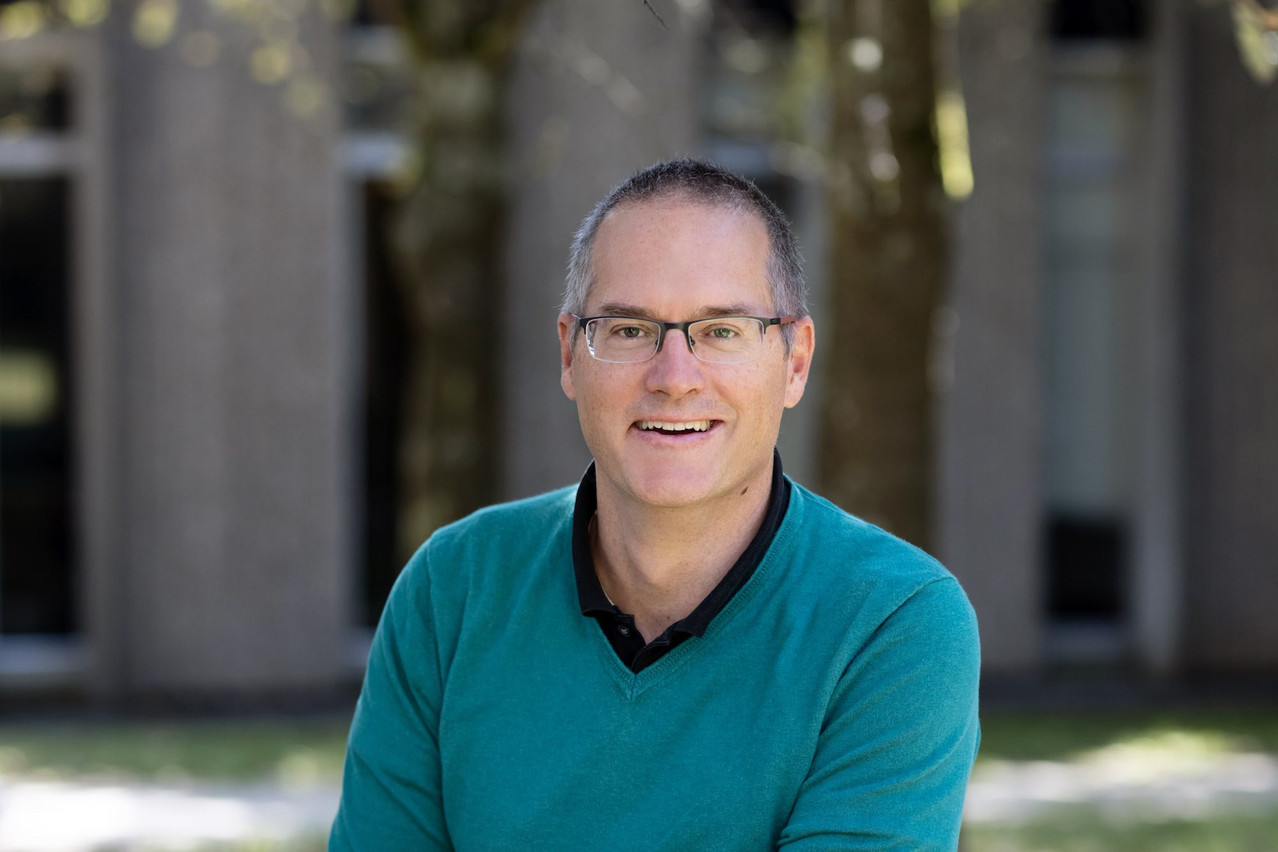, who took up the University of Luxembourg sustainable finance chair in January 2021, sat down with Delano for an extensive interview to talk about the programme and developing the sustainable finance sector in the grand duchy. In a previous installment, Halling called for research in the field to be more interdisciplinary and said the university was .
During the interview, Delano asked Halling what skill gaps he has seen in Luxembourg. Halling replied: “Personally I don’t think that there’s a gap in Luxembourg that is specific to Luxembourg. It’s not something that you would see Luxembourg [that] you wouldn’t see in Germany or in the UK.”
Nonetheless, Halling stated that continued education or lifelong learning was “quite important” in sustainable finance, as well as in areas such as digitalisation, because the fields “are evolving very, very rapidly. So something that you might have learned five years ago might have changed quite dramatically, or new regulations might come up, or new technologies might have come up that’s changed things quite dramatically.”
The types of courses on offer should evolve too, he argued. He would like to see “a shift away from a general management type of continued education, more towards tailormade, specific programmes for people picking certain directions that they would like to go, for example, sustainable finance or digitalisation.”
Competitive dynamic
That is not to say that Luxembourg has fallen behind other financial centres. “I have to admit that, given that I only moved here a year ago, I’m very impressed by the dynamics in the market, especially on the topic of sustainable finance, but equally, for example, digitalisation.”
“Both of these topics, from my experience, are very actively supported by the government. They’re very actively discussed and debated with different stakeholders in the industry,” he said. “That’s very motivating and encouraging for me.”
Nevertheless, skills and training in the segment remain “challenging topics”, Halling stated. “I think it’s very important to try to stay on the path and invest a bit in human resources... either by hiring people with those skills or taking your existing employees and try to offer them opportunities to acquire those skills.”
Regular upskilling, not rebooting
Upskilling the grand duchy’s financial workforce is not an impossibly difficult challenge, according to Halling. That is partially because Luxembourg’s international profile means that staff have “different backgrounds, people come from different educational backgrounds, and they all sit together and work together. I don’t think you can get much better than that.”
During courses, he has observed that “people bring in a lot of different perspectives and have a very solid educational foundations.” But carving out time for learning is necessary and can sometimes be a challenge. “If you’re in a job and your daily routine, then you might not have the time to catch up on some of the developments,” Halling stated.
“That’s not specific to sustainable finance. But I think [that it’s important] from time to time to come back to university or some other sort of educational institution, and update your knowledge about certain topics, especially those that are evolving very quickly, such as sustainable finance or digitalisation.”
The series continues later this week on Delano.lu
